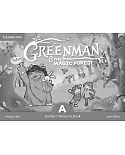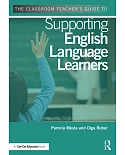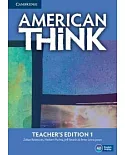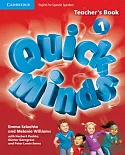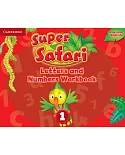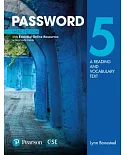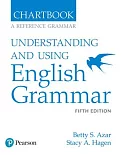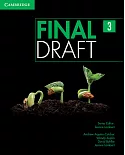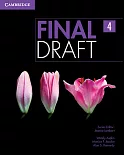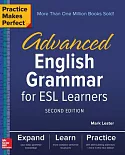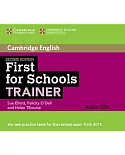Patterns of language and culture among contemporary indigenous youth in North America is the subject of this collection. Contributors focus on the ways young people negotiate their use of
language, and its connections to education, opportunity, identity, and group membership. The voices and perspectives of the young people themselves are very well represented through interviews;
some are negotiating their own private or public lives, some are dealing with whether and how to raise children who are fluent in both their indigenous and English language and culture. Most
contributors come from the fields of education or language and communication, and use tools from ethnography. They are indigenous and non-indigenous, studying their own tribes and others, which
vary here from Yup’ik Alaskan to Tlaxcalan Mexican. Indigenous voices and perspectives lead the way. The topics vary considerably, from Diné (Navaho) hip-hop MCs to young people living in
Hopi-speaking farm households and going to school in English. Contributions are well-written in language that fulfills the scholarly purpose of the individual study, is very accessible to
general readers interested in the topic, and offers insight to teachers and students who are dealing with learning and language across cultural gaps. Material on cycles of language loss and
reacquisition is included which looks at the topic from the perspectives of the current generation of youth. While the collection acknowledges various theoretical and political perspectives,
the core interest here is in understanding and supporting the ability of indigenous young people to be who they are and become whatever they wish to be. This is an important book for anyone
interested in that goal. It will be extremely valuable to students, teachers, and scholars in the social sciences seeking a positive model for how to effectively study groups whose historical
experience as study subjects has been negative, or those in education looking for models that show how the field can become useful for groups where it has a negative history. Annotation ©2013
Book News, Inc., Portland, OR (booknews.com)



